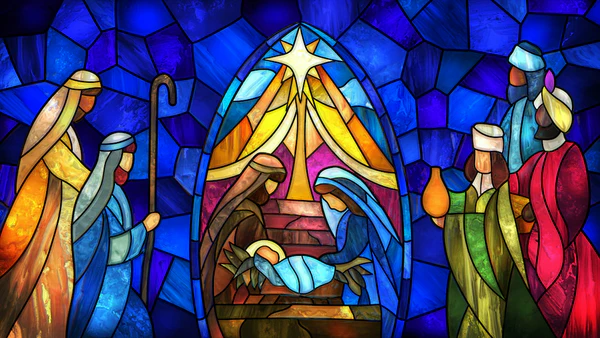As this series kicks off, it behooves us to lay some sort of foundation upon which to build. Perhaps you are reading this because you Googled something about God, or maybe your favorite pastime involves sitting with a book about theology in your lap, followed by hours of discussion and debate about what you’ve read.
In either instance, and for everyone in between, theology matters. I have four goals for this article:
- To offer a simple definition of theology
- To argue why theology is important
- To suggest the end-goal of theology
- To keep it brief
Webster’s Dictionary offers a clear and helpful definition of the word: “the study of God and of God’s relation to the world.” Very simply, theology is the study of God.
‘Everyone is a theologian’
Before exiting this page, please do not disqualify yourself as a “theologian” simply because you’ve never been to seminary, read theological books or subscribed to the hottest theological podcasts. The late R.C. Sproul said it long before me, but I agree: “Everyone is a theologian.”
That said, not every item within theology carries the same weight. For example, the matter of who Jesus Christ is much outweighs the matter of whether to receive The Lord’s Supper with your right hand or your left. That is a ridiculous example but the point is the same: Some topics within theology are weightier (i.e., more important) than others; often the weightiest are referred to as “primary” doctrines (i.e., the bodily resurrection of Jesus). From there, the topics are typically categorized as secondary, tertiary and so on. Disagreement may present itself about which doctrine falls into which category, but the main point is that (consciously or not) most everyone thinks of theology this way.
The question of why theology is important remains, and I suggest two reasons. First, everyone is doing theology. Some of us are conscious of it, and others are not. Some theology is done well, and some is done poorly. Everyone has something to say about God, so as Christians, why not make it our aim to say things that are good, right and true about Him, to the best of our finite abilities?
Second, when a statement is made about God, it spills over to include the world and morality because those areas are connected. Similarly, when a statement is made about morality, it also is implicitly made about God and the world; and when a statement is made about the world, it also is made about God and morality. In other words, theology is not some pie-in-the-sky abstraction. The way we think about God has real-life, boots-on-the-ground implications for every aspect of our lives. If that is the only reason you care about theology, it is a worthwhile reason.
Loving union with God
The triune God eagerly invites us into loving union with Him: “Love the Lord your God with all your heart and with all your soul and with all your mind.” Jesus goes on to say “ … love your neighbor as yourself” (Matt. 22:37-39).
The end goal of theology is that we would come to know God — truly know Him, not just know about Him. As the Westminster Catechism explains, “the chief end of man … (is) to glorify [God] and to enjoy Him forever.”
In coming to know Him in this way, we cannot help but love Him, and love for God leads to love for others. What a magnificent and mysterious cycle in which to be caught up!
So friends, think seriously about God. Drink deeply from scripture. Pay attention to the Holy Spirit. Invite the community around you into the journey with you. Along the way, may you awaken to and be filled with God Himself!






